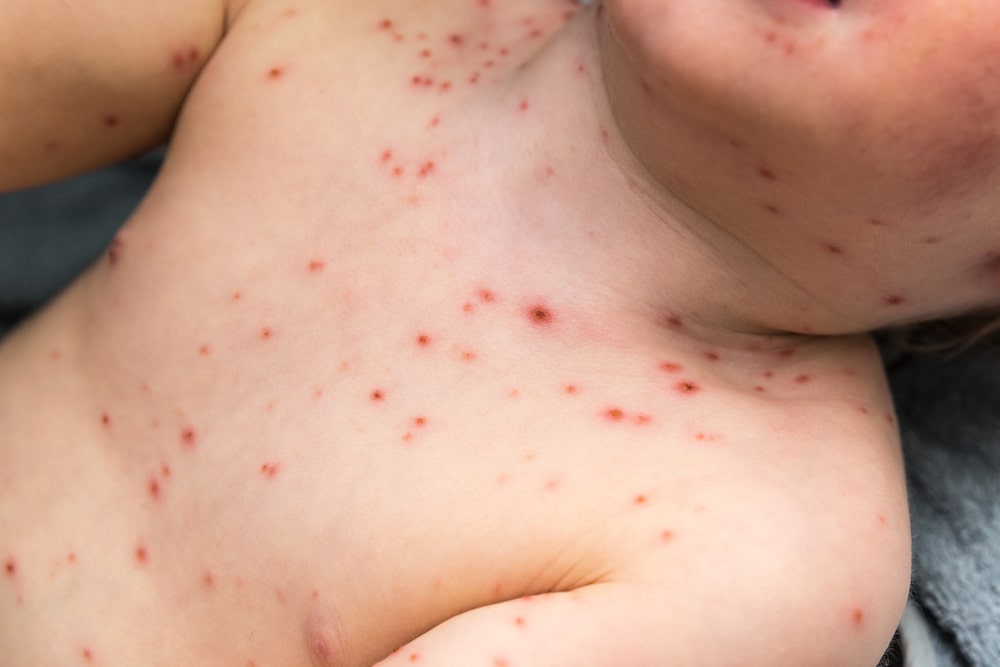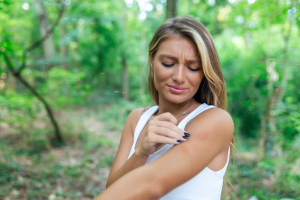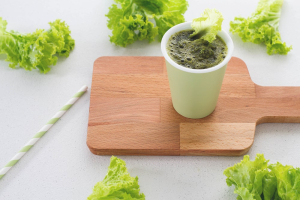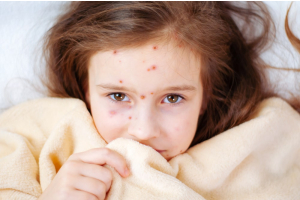Chickenpox 101: What You Need to Know About the Itchy Rash

Chickenpox, also known as varicella, is a highly contagious viral infection caused by the varicella-zoster virus (VZV). It is characterised by an itchy rash with red spots that progress to fluid-filled blisters before crusting over. Understanding the causes, symptoms, treatment and vaccine for chickenpox is important for effective management and prevention of this common childhood illness.
How To Recognise the Signs and Symptoms of Chickenpox?
Chickenpox is primarily spread through respiratory droplets or by direct contact with the fluid from the blisters of an infected person. It is highly contagious, with a person being contagious from about a few days before the rash appears until all the blisters have crusted over. The incubation period or the time between exposure to the virus and the appearance of symptoms.
The hallmark symptom of chickenpox is the itchy rash, which typically starts on the face, chest and back before spreading to other parts of the body. The rash progresses through three stages: raised red or pink spots, fluid-filled blisters and finally, crusts and scabs. Other Chickenpox symptoms may include fever, headache, tiredness and loss of appetite.
How to Treat and Recover from Chickenpox?
In most cases, a mild illness that resolves on its own without specific Chickenpox treatment. However, several measures can help alleviate Chickenpox symptoms and prevent complications:
● Stay Hydrated: Drink plenty of fluids to prevent dehydration, especially if there is a fever.
● Pain Relief: Over-the-counter pain relievers such as paracetamol can help reduce fever and alleviate discomfort.
● Itch Relief: Calamine lotion and antihistamines can help relieve itching. Keeping fingernails short and wearing gloves at night can prevent scratching and reduce the risk of skin infections.
● Rest: Getting plenty of rest is important to help the body recover.
● Avoid Aspirin: Aspirin should not be given to children with chickenpox due to the risk of Reye's syndrome, a rare but serious condition.
Chickenpox Vaccination for Prevention
The Chickenpox vaccine is a safe and effective way to prevent chickenpox. It is usually given as part of the routine childhood vaccination schedule. The Chickenpox vaccine is provided as 2 separate injections, usually into the upper arm, 4 to 8 weeks apart. The vaccine is also recommended for adolescents and adults who have not been vaccinated and have not had chickenpox.
The vaccine contains a weakened form of the varicella virus, which stimulates the immune system to produce antibodies that protect against future infection. The vaccine is highly effective, with two doses providing long-lasting immunity in most cases.
How to Get Chickenpox Vaccination in the UK?
In the UK, the chickenpox vaccine is available at various healthcare facilities, including clinics and general practitioner (GP) offices. You can receive the vaccine in locations such as Banstead, Earlsfield, Epsom, London, Merton and Morden. Simply contact us to inquire about the availability of the chickenpox vaccine and to schedule an appointment.
Vaccination is a safe and effective way to protect yourself or your child from chickenpox and its potential complications. It is especially important for those who have not had chickenpox before and are at risk of exposure to the virus.
Get Vaccinated, Protect Yourself from Chickenpox
Chickenpox is a common and usually mild childhood illness that can be prevented through vaccination. Following proper hygiene practices, staying home when sick and getting vaccinated are key steps in controlling the spread of chickenpox and protecting vulnerable individuals from serious complications.
Schedule an appointment with us to get the chickenpox vaccine and protect yourself or your child from this contagious disease. Contact us today to book your vaccination.






